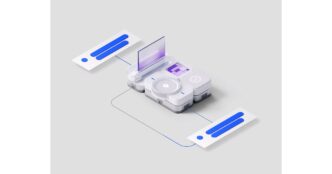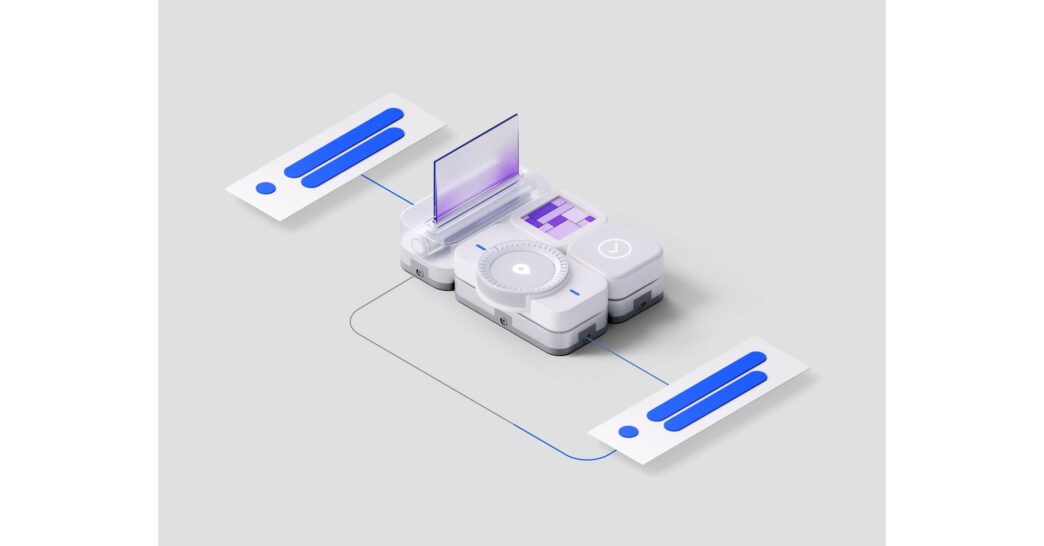IBM drops a new study showing AI agents are going mainstream in business. Executives expect AI workflows to jump from 3% today to 25% by 2025. That’s an 8x surge in just a few years.
AI budgets are shifting fast too. Now, 64% of AI spend is going on core business operations, not just experiments. About 70% of leaders say agentic AI is crucial for their future.
The IBM report highlights big wins with AI agents: better decision-making, cost cuts, and workflow automation. Over two-thirds (69%) of execs call improved decision-making the top benefit. Cost reduction through automation ranks second at 67%.
Another major takeaway: 83% expect AI agents to boost process efficiency by 2026. And 71% believe these agents will self-adapt to changing workflows.
Francesco Brenna, VP at IBM Consulting, put it bluntly:
"We see more clients looking at agentic AI as the key to help them move past incremental productivity gains and actually gain business value from AI, especially when applied in their core processes like supply chain and HR."
"This isn’t about plugging an agent into an existing process and hoping for the best. It means re-architecting how the process is executed, redesigning the user experience, orchestrating agents end-to-end, and integrating the right data to provide context, memory, and intelligence throughout."
The top 5 benefits from agentic AI systems according to surveyed execs:
- Improved decision-making (69%)
- Cost reduction (67%)
- Competitive advantage (47%)
- Scaled employee experience (44%)
- Better talent retention (42%)
Despite optimism, concerns linger. Half worry about data issues, 46% flag trust problems, and 42% say skills shortages could slow adoption.
Other stats: AI took 12% of IT budgets in 2024, expected to rise to 20% by 2026. The number of companies with ad hoc AI approaches dropped from 19% last year to 6% now. And one in four companies already run "AI-first"—crediting AI with over half of recent revenue and margin gains.
Full report here: IBM AI Projects to Profits














